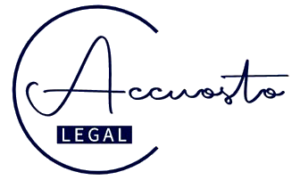On 8th June 2016, the European Union issued an important Directive on Trade Secrets. It is officially known as Directive (EU) 2016 / 943 on the Protection of Undisclosed Know-How and Business Information (Trade Secrets).
This Directive has been in the cupboard, since then, because it is not directly applicable, in principle. Each of the Member States need to “transpose” it into national law; and they had time until 9th June …. 2018 ! But Spain, for example, has not approved our new Trade Secrets Law …
This Directive is important: it covers an area lacking a good EU protection. Many of the EU countries already had rules and laws to protect business know-how. For example, Spain has a very well construed Law on Unfair Competition.
The new Directive changes the panorama: it uniforms EU and national rules on trade-secrets and establishes a minimum protection, EU-wide; and it also establishes general rules of interpretation, which will help the Courts in all the EU countries.

THE WORKING OF TRADE-SECRETS
The Directive (Article 1) insists that member States may have stricter rules to defend trade-secrets. It repeats that Know-How protection cannot affect / limit: freedom of speech; or employees’ right to use their knowledge (which is not a secret), nor their experience or skills.
Article 2 of the Directive includes important definitions. It defines “Trade-Secret”, as information:
- Not known or readily accessible within the circles normally dealing with this kind of information;
- With commercial value as secret; and
- Kept secret, by means of reasonable steps.
This wording is similar to previous definitions of protectable know-how, issued by the EU Courts.
ACQUISITION OF TRADE SECRETS
The Directive (Article 3) considers that acquisition of trade secrets is lawful, when it is done through:
- Independent discovery or creation. Hence know-how protection does not consider unlawful (as in patents or designs) the independent arrival to the same result.
- Study, disassembly or testing of products, available to the public or legally and freely acquired. Hence, reverse engineering is not forbidden.
The Directive subjects these considerations to the law of the State Members. So it will consider lawful acquisition what the national law consider lawful.

ILLEGAL ACQUISITION AND USE OF TRADE SECRETS
The Directive (Article 4) deems illegal:
Acquiring a trade secret without consent of its holder, if it is done through:
- Not authorized access to documents, objects, materials, substances or electronic files, connected with the trade secret.
- Activities contrary to “honest commercial practices”.
Using / disclosing a trade secret, without consent of the trade secret owner, by anyone who:
- Acquired it unlawfully.
- Breached a confidentiality agreement; or any other duty (contractual or legal) not to disclose or to limited use.
These prohibitions to acquire, use or disclose, include the cases when the person involved ought to know that it was unlawful to use the trade-secret. They also cover production, offering or placing on the market of infringing goods.
Santiago Nadal


